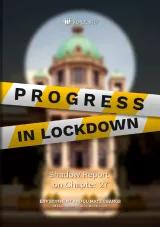Energy Policy and Poverty
Articles
More articles about Energy Policy and Poverty (10)
Publications
More publications about Energy Policy and Poverty (14)
More pages about Energy Policy and Poverty
© Heinrich-Böll-Stiftung e.V.
Schumannstraße 8
10117 Berlin
T +49 (30) 285 34-0
F +49 (30) 285 34-109
www.boell.de
info@boell.de
















